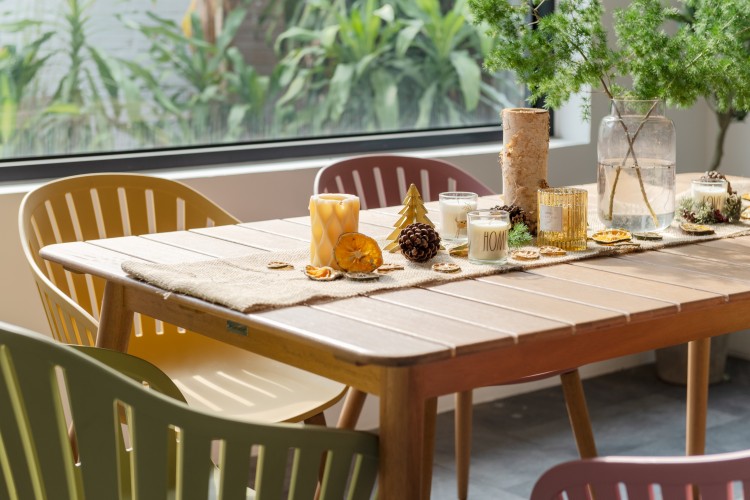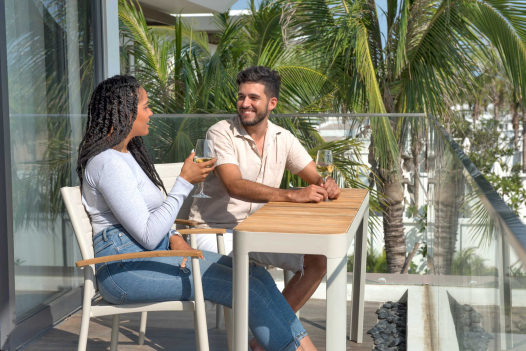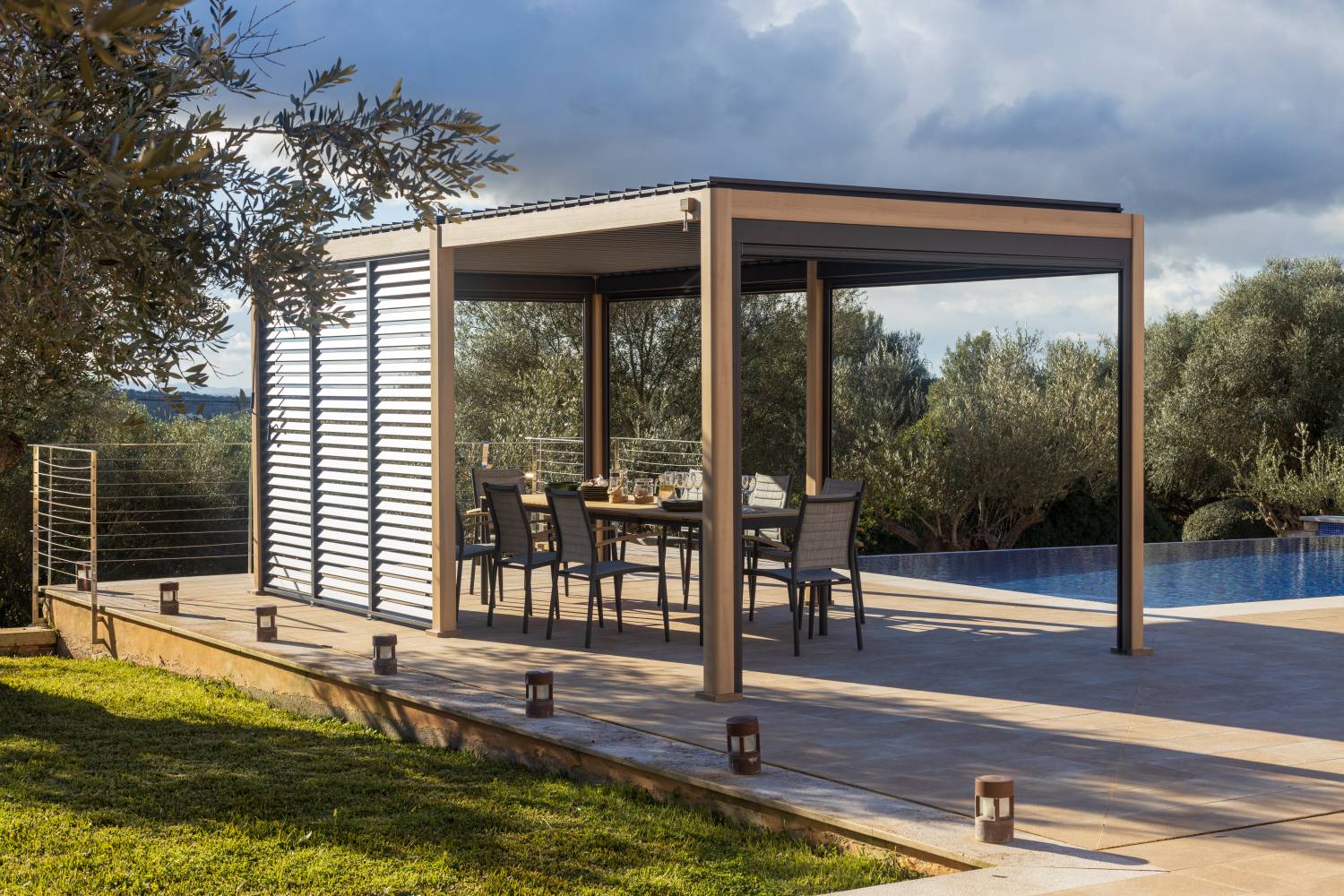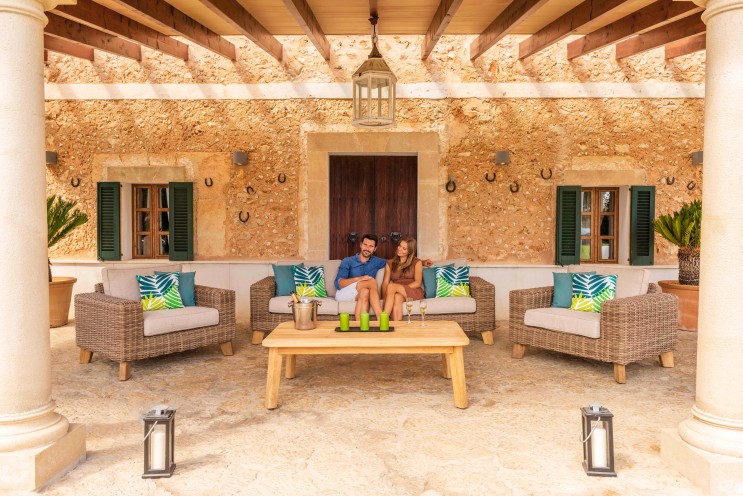
Outdoor rooms complete with garden sofas and comfy furniture have been enjoying ever-increasing popularity, however, urban relaxation areas are now the hub of gardens as families enjoy more time at home than ever before – a revitalising space for reading, relaxation and feeling closer to nature. Whether households have a traditional garden or just a patio or balcony, the pandemic has hit home the true value of escaping outdoors for the sake of our mental wellbeing.
Paul Cohen, Sales Director at LifestyleGarden®, said: “As the global health emergency continues switching off the TV and escaping into the garden has never been more important for our mental health. At LifestyleGarden®, helping the nation to spend precious time in the great outdoors is in our DNA. We know the value of fresh air and being close to nature, and with staycations set to be the background for our summer, never before has outdoor living been so vital for wellbeing.”


As a manufacturer of premium-quality, eco-friendly outdoor furniture, LifestyleGarden® believes that households are likely to adapt the principles of ‘forest bathing’ to calm pandemic anxiety in their gardens. Although access to woodland and forests is possible, forest bathing – a Japanese form of relaxation – can easily be embraced in outdoor living areas. In short, the method involves being calm and silent among trees and nature while breathing deeply; a perfect technique to try while relaxing on garden furniture.
How else can outdoor living enhance wellbeing?

The relationship between gardens and mental and physical wellbeing has been well documented, with previously published reports highlighting the benefits that gardens can bring. A report commissioned by the National Gardens Scheme, called ‘Gardens and health, Implications for policy and practice’, found that “increasing people’s exposure to, and use of, green spaces has been linked to long-term reductions in overall reported health problems”, describing the mental health benefits that gardens can bring as “broad and diverse”. It also noted that green spaces can play a key role in reducing anxiety and depression.

Gardening for health charity, Thrive, has also extensively studied the advantages of green spaces, and its findings give a thumbs up to outdoor living. Thrive’s CEO, Kathryn Rossiter, had previously pointed out: “Spending time in nature, being meaningfully occupied and being with people offers a powerful combination of physical, psychological and social benefits that enhance health, wellbeing and quality of life.”
Proven to reduce stress and anxiety
In addition, AXA PPP Healthcare, a private medical insurer, recognises the benefits that gardens can have on physical and mental wellbeing. As well as reducing stress and anxiety, it says gardening achievements result in “satisfaction and empowerment” that can “improve self-esteem and confidence”.
The UK’s leading gardening charity, the Royal Horticultural Society, is another proponent of gardens for wellbeing. RHS Director of Science and Collections, Professor Alistair Griffiths, said in a recent report: “A gardening green revolution has started – with increasing scientific evidence highlighting the critical importance of plants, gardens and gardening benefiting our physical, mental and social wellbeing.”
With an estimated 20% of people having visited a doctor for “what is primarily a social rather than a health problem”, the RHS has, in the past, advocated how “social prescribing” – better known as garden therapy – could relieve the burden on the NHS.

More inspiration
































